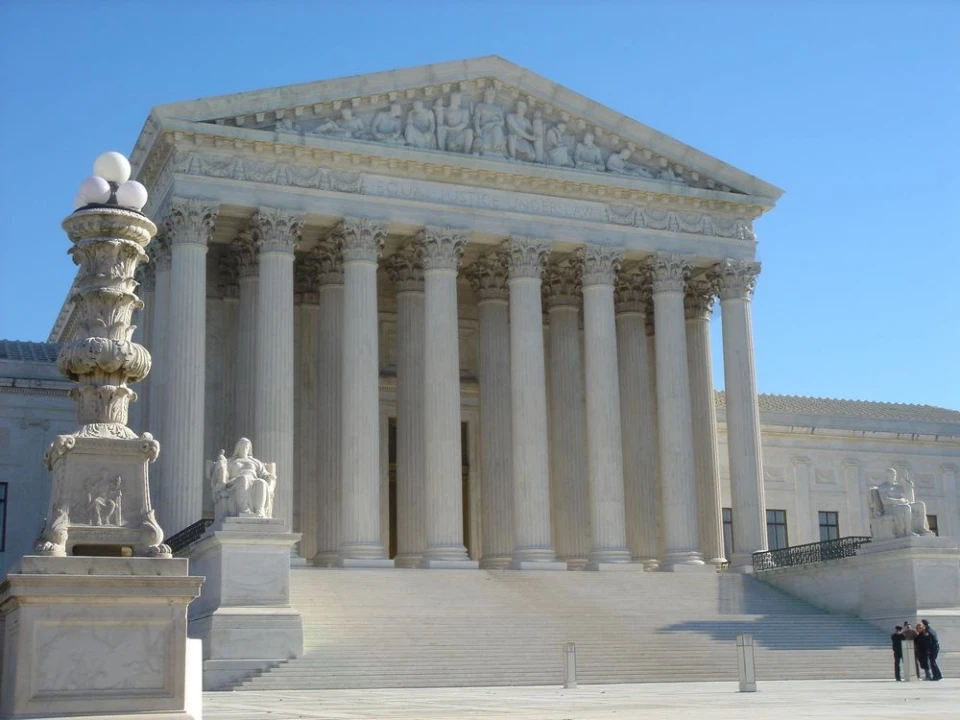The questioning didn't go well for the plaintiffs in American Express vs. Italian Colors today, and that could mean the U.S. Supreme Court is about to give companies another powerful tool for reducing class-action litigation against them.
The justices expressed strong skepticism about the central premise of the case, which is that antitrust lawsuits are so expensive to bring that Amex effectively precluded them by requiring merchants to sign an agreement requiring them to settle all disputes in arbitration. If the court rules against Italian Colors, it could open the door to more widespread use of arbitration clauses that ban class actions, possibly even including changes in corporate bylaws to preclude securities class actions. The Supreme Court held that class waivers are enforceable in the 2011 decision AT&T Mobility v. Concepcion.
"Since the federal securities laws don't preclude arbitration, I don't think that the SEC would have any basis for continuing to object to the use of arbitration in a company's articles of incorporation or by laws," said Alan Kaplinsky, a partner with Ballard Spahr in Philadelphia who represents banks and financial-services companies and was a pioneer in the development of arbitration clauses.
The plaintiffs in Italian Colors were merchants who accused Amex of using its market power to force them to accept debit and credit cards at the same fee level. They said it wouldn't make economic sense to pursue their claims individually under the terms of the arbitration agreement, since they'd have to pay hundreds of thousands of dollars for economic experts in order to win far less in damages. They were backed by class-action attorneys, who dislike arbitration clauses generally because they cut down on fee-rich class settlements, and the Obama administration, which wants the court to adopt a rule prohibiting class waivers when they'd serve to squelch otherwise valid lawsuits.
Those arguments didn't seem to make much headway with the justices, however. Even liberal Justice Steven Breyer questioned why the merchants had to hire expensive experts in arbitration, where the arbitrators themselves would presumably have expertise in antitrust law and could streamline the whole process. "I can think of a way of getting it done pretty cheap," Breyer told former Solicitor General Paul Clement of Bancoft PLLC, who represented the plaintiffs.
Justice Antonin Scalia was more critical, repeatedly asking why the court should intervene to save cases that weren't worth bringing. If judges had to decide whether an arbitration clause prohibiting class actions was valid in every case, he said, it would be "a very complicated procedure."
Breyer expressed a similar lack of sympathy for the plaintiffs.
"It's just that you brought a very expensive claim," Breyer said. "And the real problem here is the reason they can't go into court is they can get a class action in court. And then this Court has said, you can't get the class action in arbitration. There we have it."
Kaplinsky said there are two possible outcomes, either an outright reversal, which he thinks likely, or a remand for further fact-finding on whether the plaintiff could find less costly ways to pursue the case. Regardless, he said, there will probably be five votes to make it clear there is no carve-out in the Federal Arbitration Act for class actions.
"The remaining issue will be whether, as a matter of state law, shareholders can be bound by an arbitration provision contained in articles and/or by laws," he added. "Bear in mind, however, that the SEC has the right under Dodd-Frank to issue a regulation banning the use of arbitration in broker-dealer contracts."
Congress also gave the Consumer Financial Protection Bureau the authority to decide whether class waivers should be banned in consumer finance contracts.
by Daniel Fisher / Forbes



